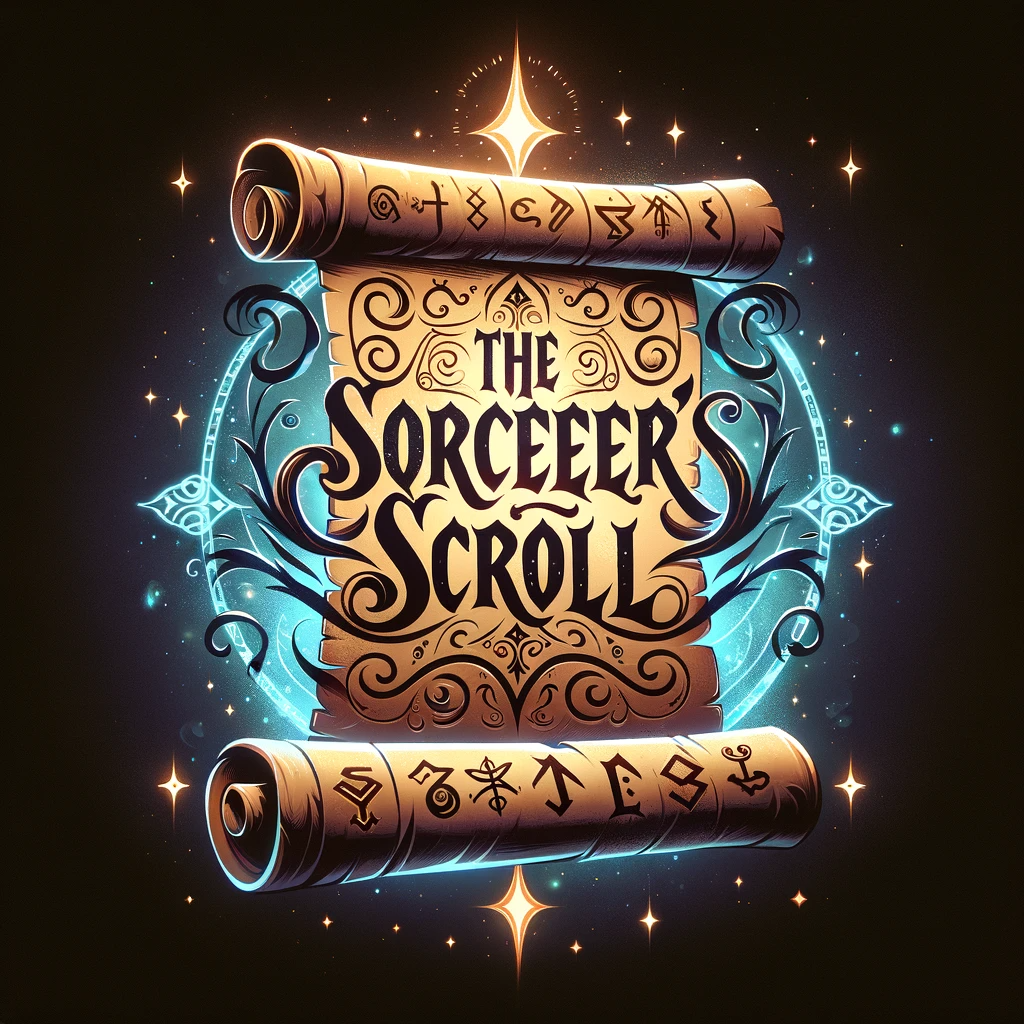Book Review of The Snow Child by Eowyn Ivey
I’ve sat on this book review for about a week after finishing. I listened to the book, and it was a great production. But when I finished, I wasn’t truly certain how I felt. Sometimes that happens, further feelings develop over the next few hours, days, or even weeks. With this one, I’m left in the same place I was when I finished the story.
The Snow Child is highly literary and a emotional read. The story unfolds slowly, and it’s all about a deep human experience. Much like The Alchemist by Paolo Coelho, this type of story reaches and speaks to people in a certain stage of their lives. It’s a great read overall, but how much people will like it is pretty well tied to their own personal experiences–past, but preferably present. This story will likely speak better to women, and those who have been through some difficulties with bearing children.
The Snow Child is a slow and intimate story of a husband and wife who really have nothing more than each other and exist mostly in isolation of their own making. It’s a fairy tale in that they really do find what they most wanted. It’s a story of how they differ in the approach to the situation of receiving what they’d yearned for over the years. It’s a tragedy in that the magic comes and goes. There is rich symbolism and allegory, and the feeling of the story is that there’s an underlying cold that can creep into a person’s very soul (something symbolized by the Alaskan wilderness where Jack and Mabel decided to live).
What I loved about the book: Characters
Mabel is a uniquely strong woman character. She doesn’t appear strong in the beginning, but I was left with an understanding of how different her strength manifests. I realized it much like Jack and Esther did within the story. She’s not the type of character I normally identify or empathize with, but in this story, I came to appreciate her by the end.
Jack–he’s the kind of character I can identify with. He had a protective streak that skewed his view of the world, and when he realizes all that has happened, it hits him really hard. He was probably my favorite main character in the book.
Esther…the salt of the earth. While she’s a trope we all know and love as a secondary character, she had a familiar depth and hard edge that made her lovable in her own right.
What I wasn’t so fond of…
This was the retelling of a fairy tale. That seems to be a growing trend these days. Probably one of the more popular ones is The Bear and the Nightingale by Katherine Arden. The similarities are almost striking in the winter-themed fairy tale nature. It is quite possible that I’m getting a little overwhelmed with this as a setting.
Check out my review of that here: “Are you mad, Vasya?”
As I mentioned before, I listened to this book. I do worry that if I had been reading the physical book I wouldn’t have been patient enough to experience the full story. The pacing is slow, so it’s not one that really pulls you through. However, it is a lovely story if you have the patience for it to unfold.
The Wrap
I’d give this one three out of five stars. It’s good, but wasn’t wowing. If you’re closer to some of the themes of loss, it may well resonate deeper, so I still do give it a good recommendation.

